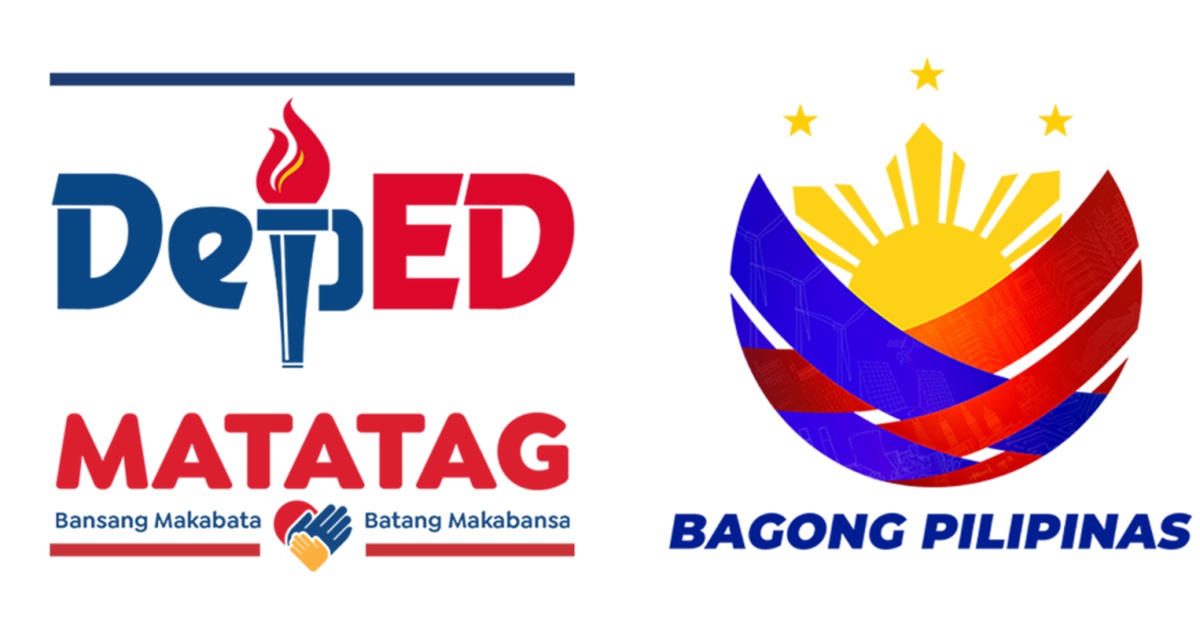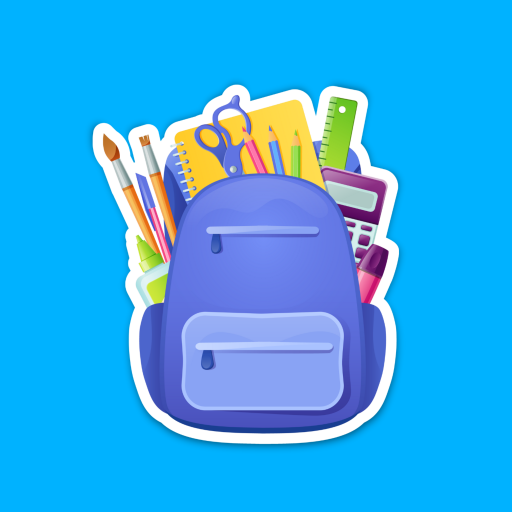The Department of Education (DepEd) has launched the Matatag Curriculum, a significant reform designed to address long-standing issues in the Philippine education system. Unveiled in 2024, this initiative aims to strengthen foundational skills, reduce congestion in the curriculum, and improve learning outcomes among Filipino students.
The Matatag Curriculum, which is part of DepEd’s Basic Education Curriculum Framework, emphasizes four key components: focused learning, decongested curriculum, strengthened literacy and numeracy, and improved teacher support. The word “matatag,” which translates to “resilient” or “strong,” symbolizes the government’s commitment to building a robust and sustainable education system.

Photo courtesy: Department of Education (website)
One of the notable changes is the reduction of learning competencies from the previous K to 12 Curriculum. By streamlining subjects and focusing on essential skills, the curriculum ensures that students master foundational areas such as reading, writing, and arithmetic. This shift is expected to address the declining proficiency levels in literacy and numeracy as revealed by international assessments like PISA (Programme for International Student Assessment).
Additionally, the Matatag Curriculum introduces contextualized learning materials for Kinder, Grade 1 and Grade 4 to better cater to the diverse needs of Filipino learners. Localized content is designed to be culturally relevant, making education more engaging and relatable.
Teachers, who play a pivotal role in education, are also a central focus. DepEd plans to roll out comprehensive training programs and provide adequate resources to help educators effectively implement the curriculum reforms.
Former DepEd Secretary Sara Duterte emphasized that the curriculum reflects the government’s dedication to equipping Filipino students with the skills needed to succeed in a competitive world while fostering a love for learning.
Last September, the new DepEd Secretary Sonny Angara has approved the flexible implementation of the Matatag curriculum for Grades 3 to 10.

Photo courtesy: Avito Dalan/PNA
“To address challenges faced by teachers and schools in managing resources, the Department of Education (DepEd) has introduced flexible guidelines for the implementation of the MATATAG Curriculum,” the DepEd said in a statement.
This came after concerns on the adequacy of staffing and available facilities were raised in some schools.
According to a report of Philippine News Agency (PNA), Option A, under previous DO No. 10, which grants all learning areas 45 minutes each day for five days and homeroom guidance for one 45 minutes a week, is still retained.
Moreover, schools may also choose the new Option B or the uniform time allotments of 50, 55, or 60 minutes per learning area.
Under this option, English, Mathematics, Science, and Good Manners and Right Conduct (GMRC) or Values Education, must be taught five times a week; four times per week for Edukasyong Pantahanan at Pangkabuhayan (EPP) or Technology and Livelihood Education (TLE), Music, Arts, Physical Education and Health (MAPEH), Araling Panlipunan (AP), and Filipino; and Homeroom Guidance Program once a week.
Schools that will adopt Option B may start their revised class programs in the second quarter of the school year.
If these setups are still inapplicable, schools may resort to Option C, or a proposal of other combinations with at least five hours and 30 minutes of daily learning contact time.
“The time allotment for English, Mathematics, Science, and GMRC or Values Education shall not be less than 225 minutes per week. Moreover, the time allotment for EPP or TLE, MAPEH, AP, and Filipino shall not be less than 200 minutes per week, and the time allotment for the Homeroom Guidance Program shall not be less than 45 minutes per week,” the DepEd said.
The proposed combinations, however, are still subject to the approval of the school’s division superintendent or authorized representative.
The Matatag Curriculum is seen as a critical step in transforming Philippine education into a system that truly prepares students for the challenges of the 21st century.











